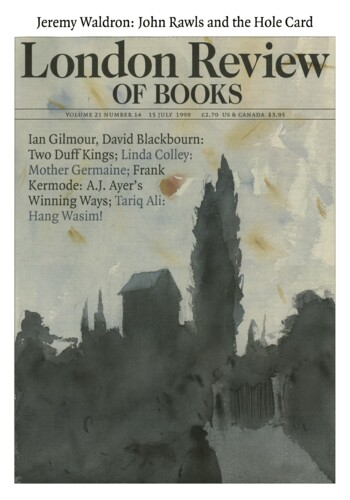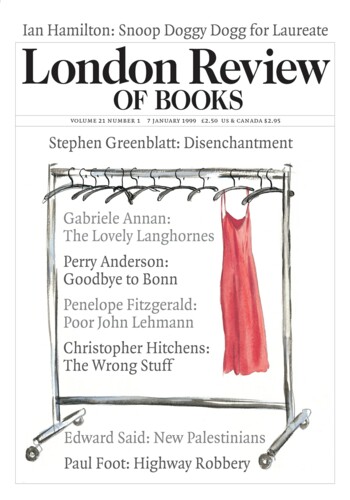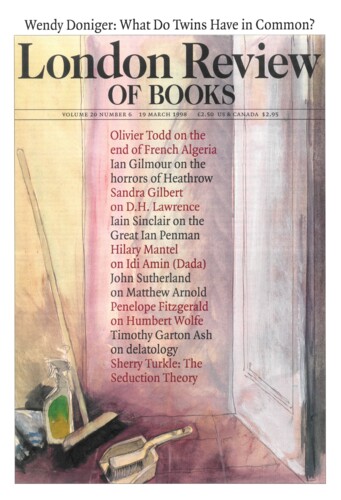The Plight of the Poor in the Midst of Plenty: John Rawls
Jeremy Waldron, 15 July 1999
John Rawls is best known as the author of a large book of ‘grand theory’, A Theory of Justice, that changed the face and refreshed the spirit of political philosophy when it was published in 1971. He is also the author of about forty scholarly articles, beginning with a chapter on ethics from his Princeton dissertation in 1951 and culminating with a short piece on Hiroshima, published in Dissent on the 50th anniversary of the first use of nuclear weapons against civilian targets.‘





